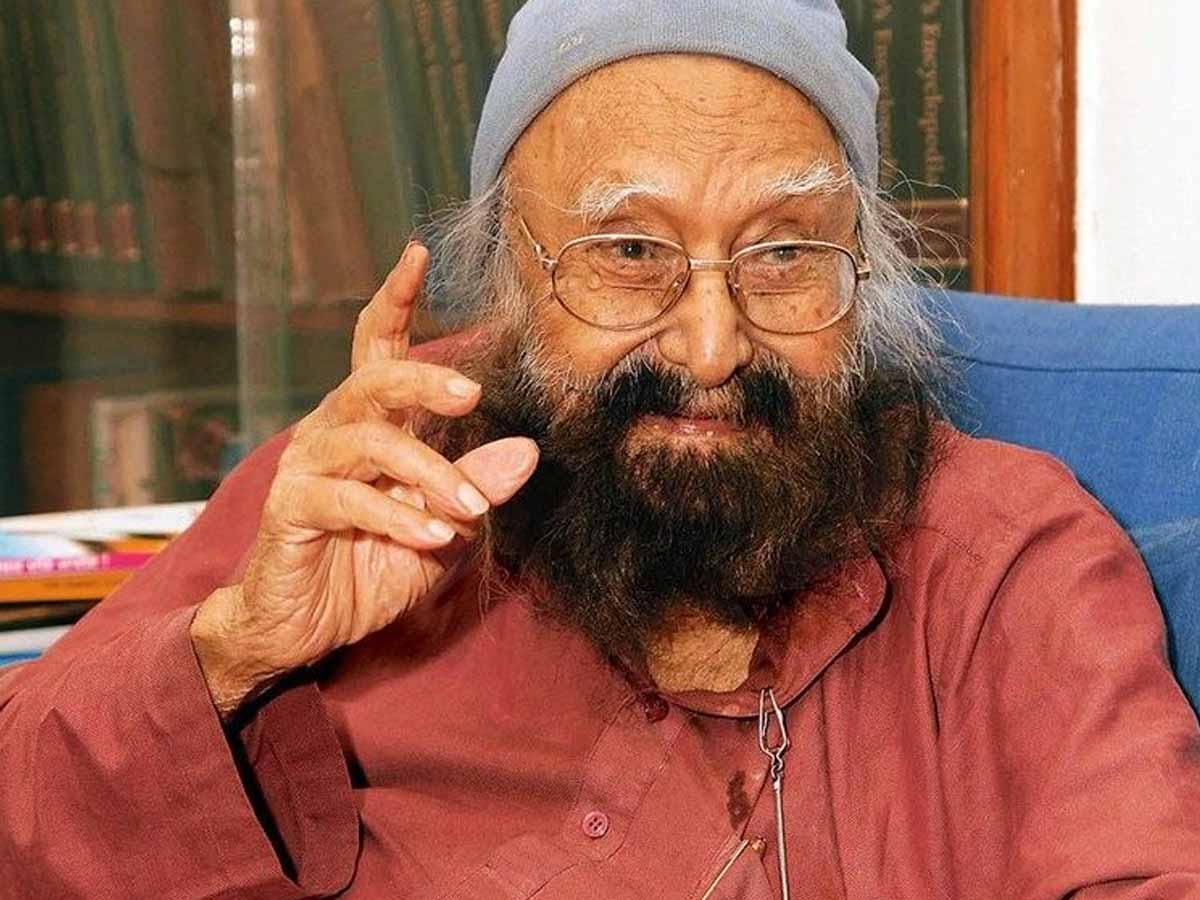Sufism and Urdu poetry have played an instrumental role in shaping the history of subcontinent while promoting spirituality and peace. This might be the age of rap and hip-hop but the world still comes to standstill when a ‘Kun Faya Kun’ or ‘Khwaja Mere Khwaja’ plays in the background. With popular platforms like Coke Studio and Nescafe Basement gaining popularity, Sufi music has spread like a wildfire. It is a therapy for some people, love for others and a guilty pleasure for some others.
Classical Music has its own charm and Sufi music is one of the extended branches of classical music. The sub-continent has seen many great Sufi poets who have composed hundreds of prophetic poems.
From Amir Khusro to Bulleh Shah, there is a long list of Sufi poets who have blessed the subcontinent with their presence. While Sufi culture is often associated with Islam, there have been great teachers like Kabir who took Sufism to the next level and used it as a sacred thread to bind communities together. The hypnotising songs that we listen to today are due to the rich literature written and preserved by the great Sufi poets that once walked upon this earth and spearheaded the movement of enlightenment.
It’s not just the singer of the music, it’s the profoundness of the words that leave the listened spellbound. It’s time to know our history. This blog consists of the top 6 greatest Sufi poets.
Ghulam Fareed
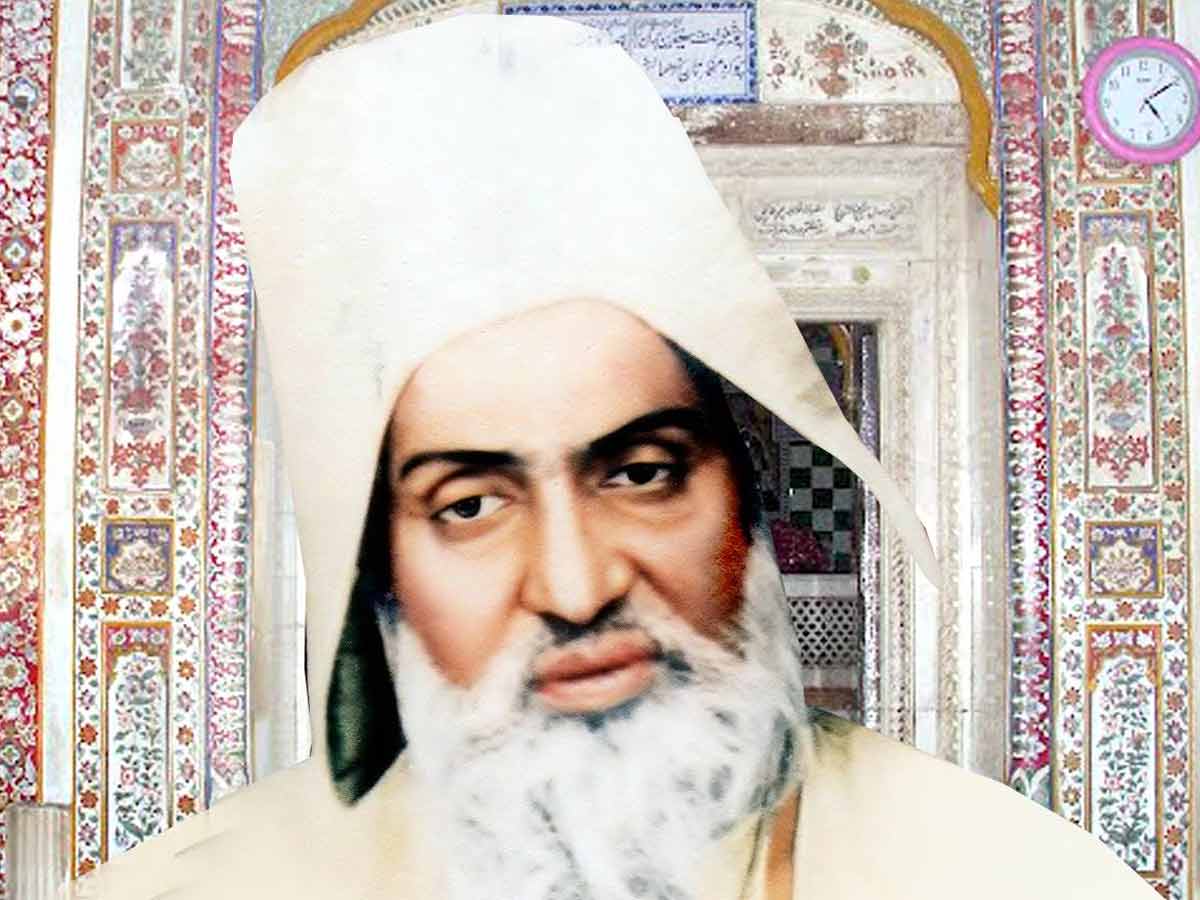
Popularly known as Khwaja Ghulam Fareed, the great Sufi poet was a poet from Punjab. He belonged to Chachran in what is today called Pakistan’s Punjab. Ghulam Fareed followed the Chisti-Nizami order of Sufism. He was well versed in more than 5 languages. Khwaja Ghulam Fareed wrote poems in Punjabi, Persian, Urdu, Braj, Arabic, Saraiki, Sindhi and several other languages. The shrine of Khwaja Ghulam Fareed is in Chachran Town, Khanpur. Some of the most famous compositions of Ghulam Fareed include Deewan-e-Farid, Manaqabe Mehboobia and Fawaid Faridia.
Sultan Bahu
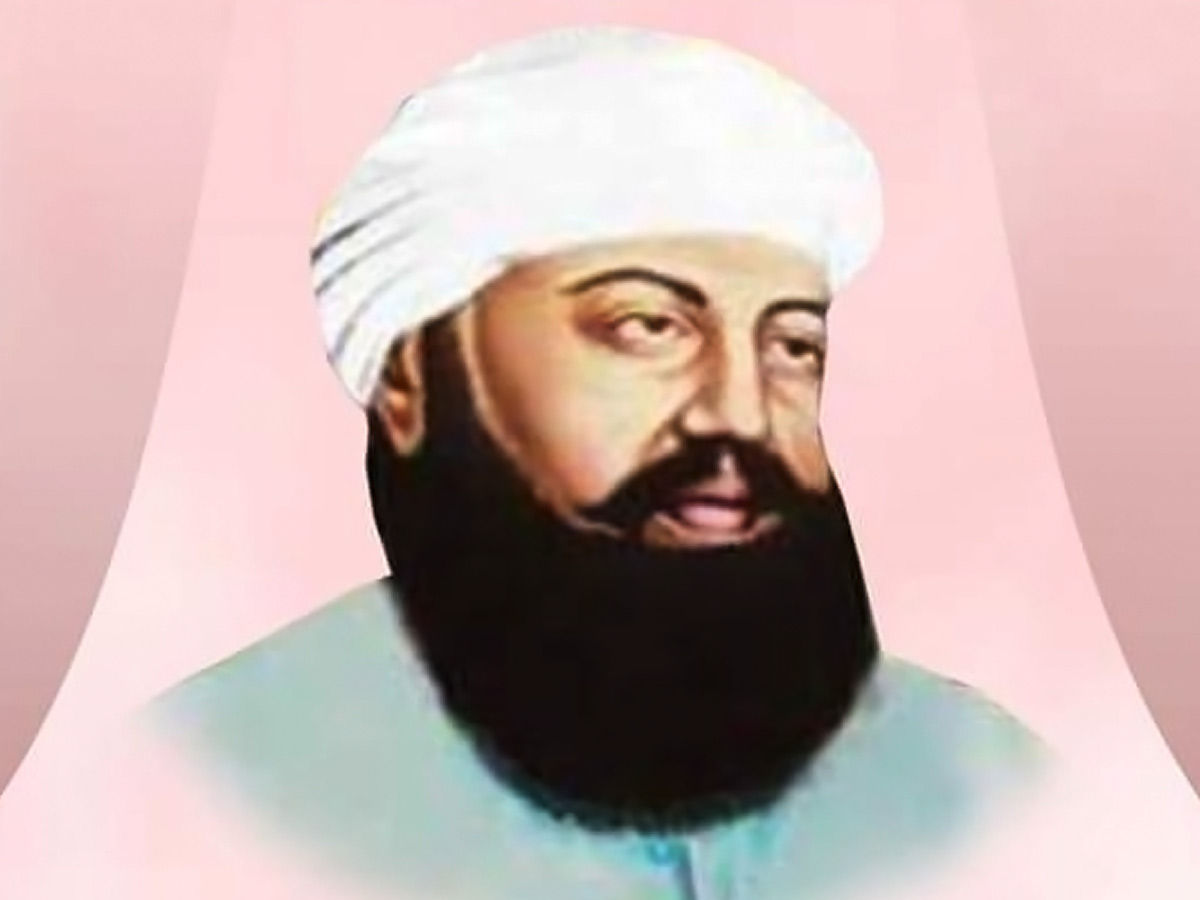
Sultan Bahu was one of the most popular Sufi poets of the Qadiri order. He was also the founder of the Qadiri order. Sultan Bahu mainly wrote poems in Punjabi and Persian. Sufi singers use Sultan Bahu’s composition in their performances even today. Sultan Bahu was born in Shorkot, Pakistan. He was most active during the Mughal period. Some of the most famous works of Sultan Bahu include Abyat e Bahu, Nur ul Huda, Jami ul Israr and Deewan e Bahu. The shrine of Sultan Bahu lies in Pakistan’s Jhang.
Bulleh Shah
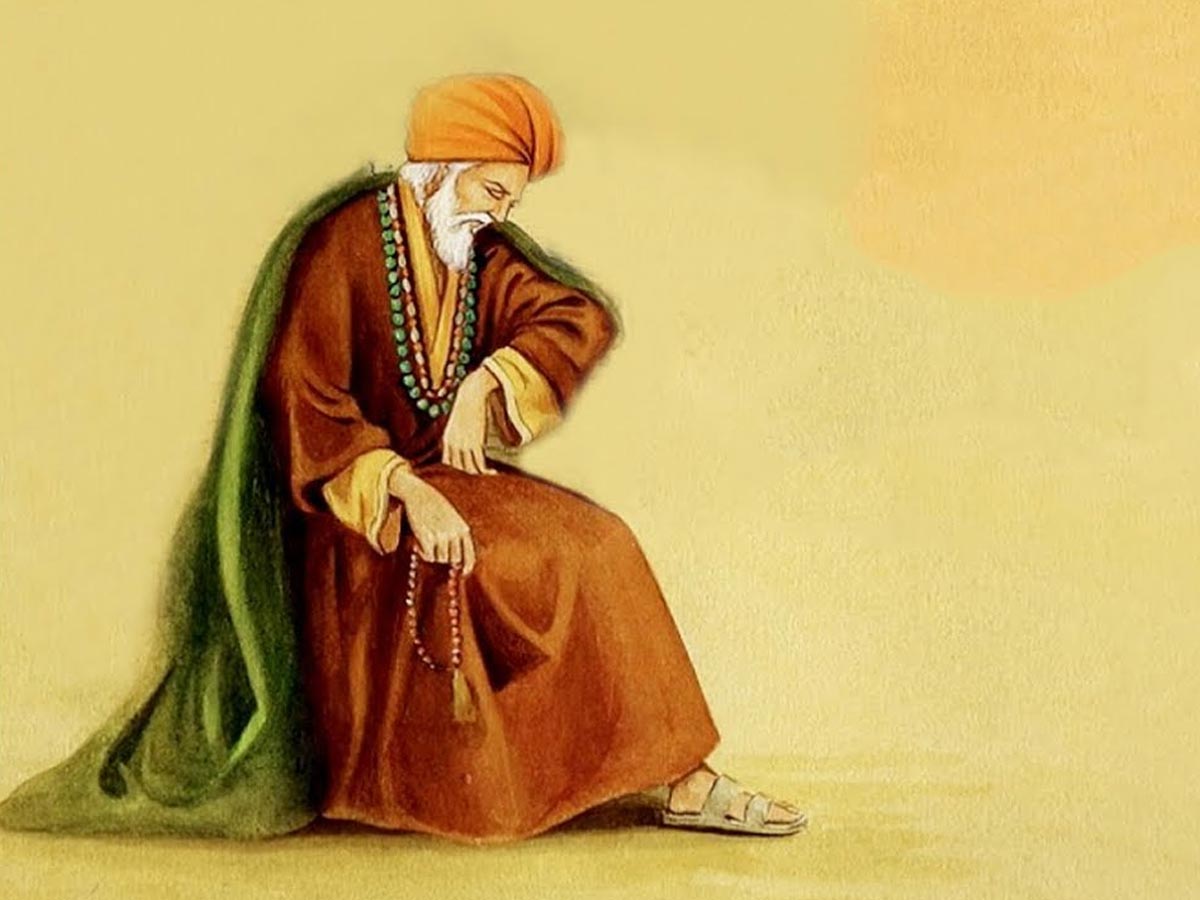
A lot of modern-day singers have made their career out of singing compositions of Baba Bulleh Shah. If there was one Sufi poet whose compositions touched the hearts of a mass audience in the subcontinent, it was Baba Bulleh Shah. Bulleh Shah’s original name was Syed Abdullah Shah Qadri. Bulleh Shah was a 17th-century Punjabi philosopher and Sufi poet. He was a follower of Shah Inayat Qadiri. Baba Bullesh Shah was born in Kasur that is located in Pakistan’s Punjab. The prophetic poet is regarded as “The father of Punjabi enlightenment”. Dama Dam Mast Qalandar and Mera Piya Ghar Aya are some of the most popular compositions of Bulleh Shah.
Lal Shahbaz Qalandar
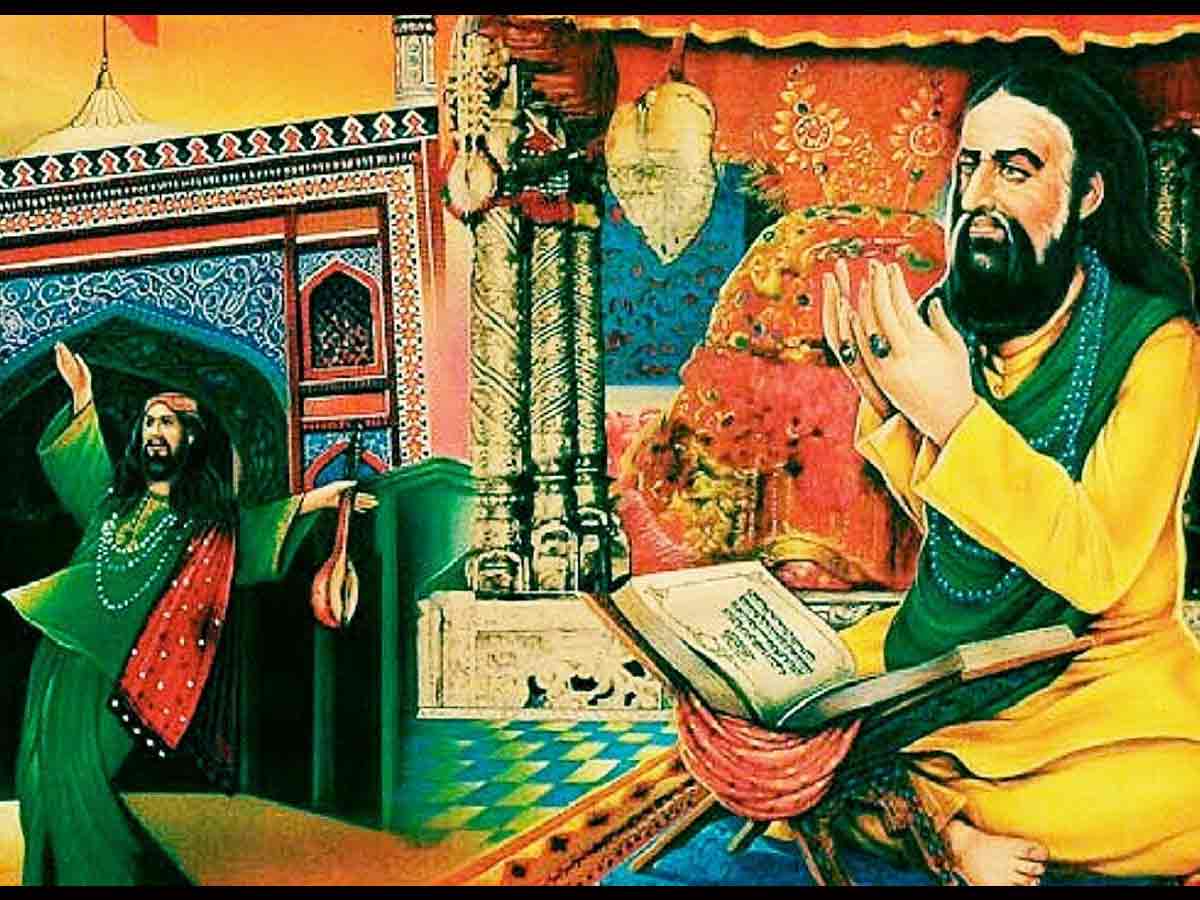
Lal Shahbaz Qalandar whose real name was Syed Usman Marwandi holds a special position among the followers of Islam. He was known for preaching brotherhood peace and tolerance. Shahbaz Qalandar was born in 1177 in Maiwand. He passed away in Delhi Sultanate’s Sehwan on February 19, 1274. During his 96-year long stay on the planet, he travelled across the Muslim world and attracted thousands of followers with his teachings and poetries that were sung by famous singers like Nusrat Fateh Ali Khan, Rahet Fateh Ali Khan, Abida Parveen and others.
Maulana Rumi
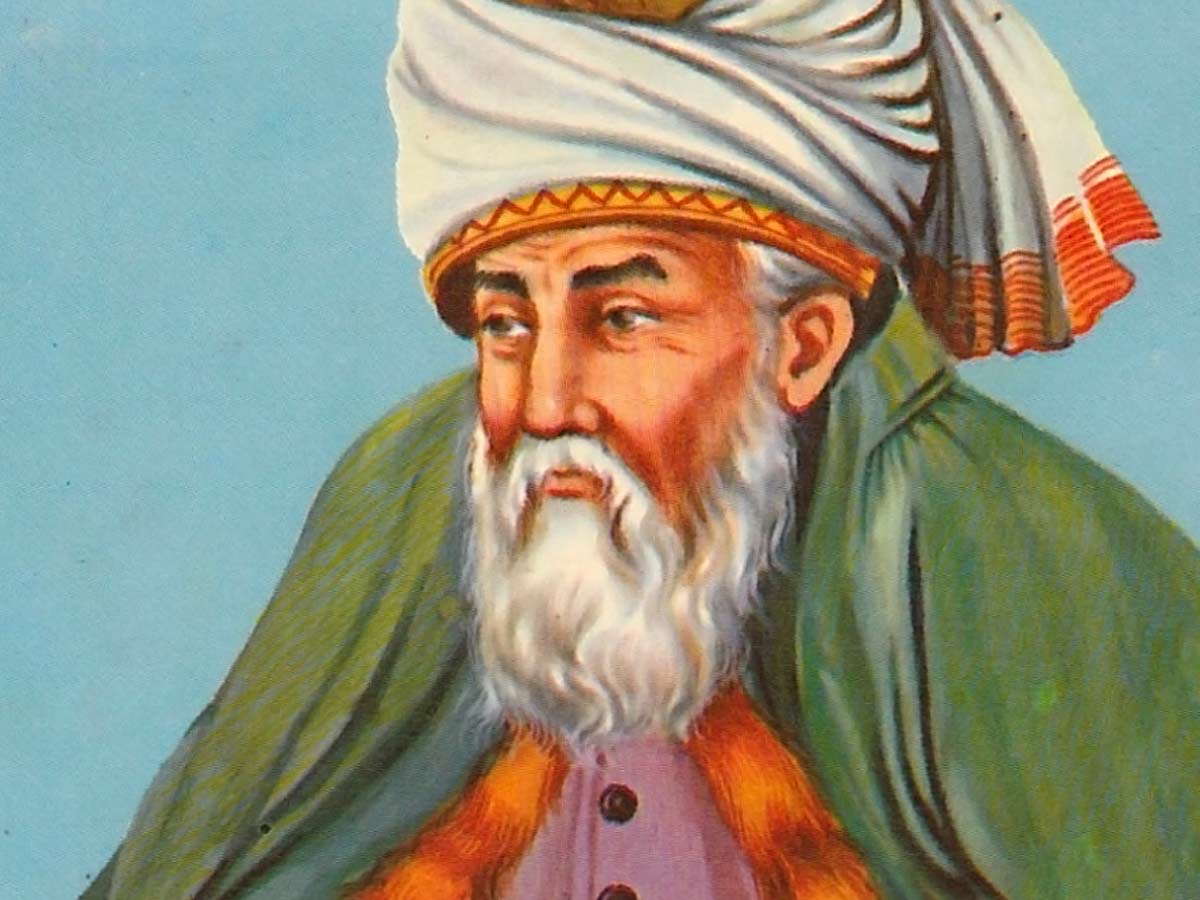
Rumi is probably the most popular Sufi poet of our generation. Rumi was born on September 30, 1207, in Afghanistan’s Balkh. He took birth in a Persian family and gained popularity in the 13th century. The full name of Rumi was Jalal ad-Din Muhammad Balkhi. He is regarded as one of the greatest poets specially in the Muslim world. The books comprising Rumi’s compositions remain to be bestsellers even today. Masnavi is one of the most popular books of Rumi. While Rumi died on December 17, 1273, in Turkey’s Konya, his legacy lives on through his words.
Kabir Das
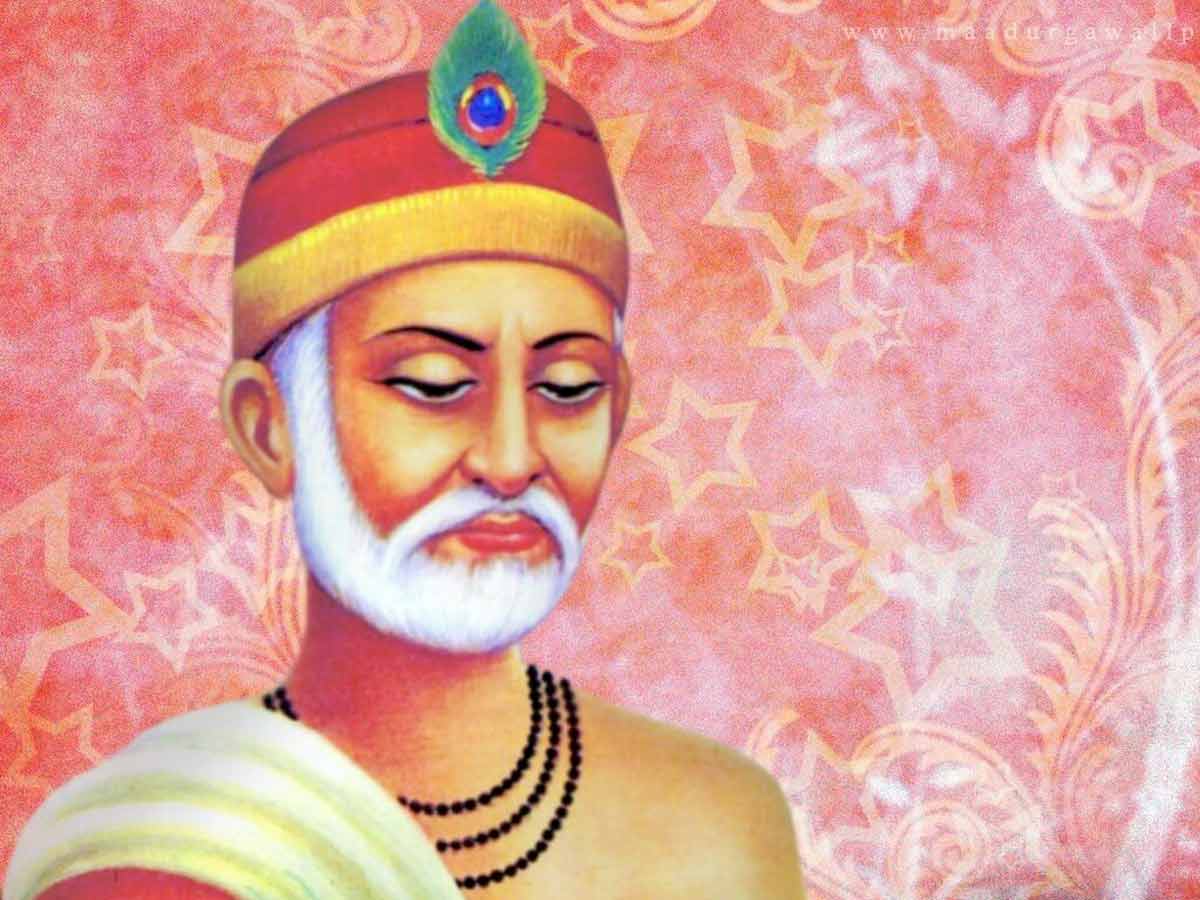
Sufism can’t be restricted to one religion. Sufism means breaking free and one can’t decide the boundaries of a profound way of living like Sufism. Kabir Das proved this time and again. The words of Kabir Das influenced generations of people in the subcontinent and he continues to influence the world even now despite being physically absent. The mystic poet was born in India’s Varanasi in 1398 and passed away in 1518 in Maghar. Kabir Das united people across religions. His writings influenced the Bhakti Movement in Hinduism. His verses find a mention in Guru Granth Sahib.
He is equally respected in Islam and singers like Abida Parveen continue to be his ardent follower. He was probably the only one with a designation of both: a Sufi saint as well as a Brahmin saint. Some famous compositions of Kabir include Kabir Bani, Kabir Granth, Anurag Sagar etc.
























